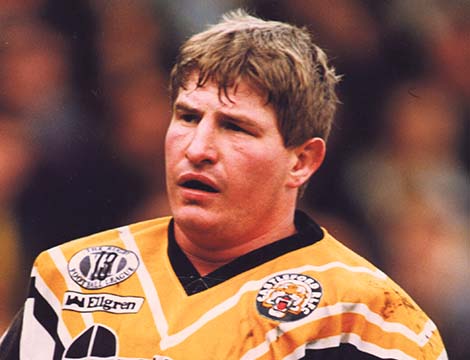 In part 1 of this interview Lee Crooks talked us through his international career among other things.
On the domestic front, he signed for Hull FC at just 17 and was captaining them within four years.
He enjoyed three spells in the Australian competition before signing for Leeds in 1987.
Just over two years later, he moved to Castleford wh
In part 1 of this interview Lee Crooks talked us through his international career among other things.
On the domestic front, he signed for Hull FC at just 17 and was captaining them within four years.
He enjoyed three spells in the Australian competition before signing for Leeds in 1987.
Just over two years later, he moved to Castleford wh Rugby League Heroes: Lee Crooks (Part 2)
 In part 1 of this interview Lee Crooks talked us through his international career among other things.
On the domestic front, he signed for Hull FC at just 17 and was captaining them within four years.
He enjoyed three spells in the Australian competition before signing for Leeds in 1987.
Just over two years later, he moved to Castleford wh
In part 1 of this interview Lee Crooks talked us through his international career among other things.
On the domestic front, he signed for Hull FC at just 17 and was captaining them within four years.
He enjoyed three spells in the Australian competition before signing for Leeds in 1987.
Just over two years later, he moved to Castleford wh 